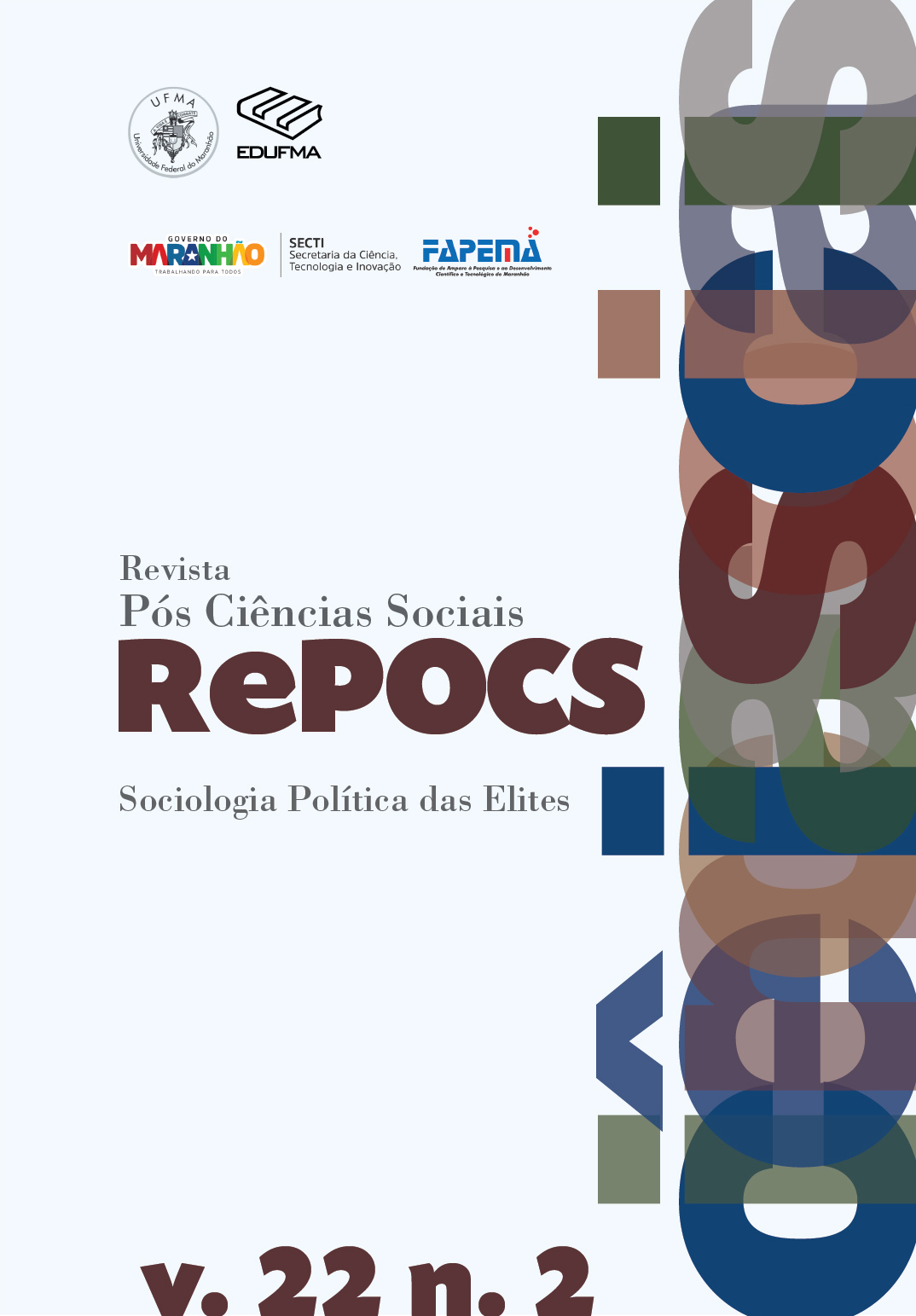O percurso político de Artur Müller e a campanha de nacionalização em Jaraguá do sul (SC): “porque Deus é brasileiro e, acima de tudo, jaraguaense”
DOI:
https://doi.org/10.18764/2236-9473v22n2e27490Palavras-chave:
Multinotabilidade, Campanha de Nacionalização, Mediação, Integralismo, Jaraguá do SulResumo
Este artigo examina as estratégias de mediação política e cultural de Artur Müller, empresário-político teuto-brasileiro de Jaraguá do Sul (SC), durante o Estado Novo (1937-1945). A análise do percurso político de Müller revela como a “experiência nacionalizadora” em Santa Catarina foi moldada por agentes locais que transitaram entre os interesses da comunidade e as imposições do Estado. O estudo reconstitui o contexto sociopolítico de Jaraguá do Sul na primeira metade do século XX, analisa a trajeto de Müller desde sua chegada ao município até sua atuação durante o Estado Novo, e discute como suas habilidades de mediação e suas redes de influência lhe permitiram navegar pelas tensões da época, equilibrando interesses pessoais e comunitários. A pesquisa utiliza fontes como leis, publicações de jornais, relatórios coloniais, correspondências e biografias, demonstrando como Müller se adaptou ao regime autoritário, colaborando com a “Campanha de Nacionalização” e consolidando seu poder local.
Downloads
Downloads
Publicado
Como Citar
Edição
Seção
Licença

Este trabalho está licenciado sob uma licença Creative Commons Attribution 4.0 International License. Direitos autorais Revista Pós Ciências Sociais

Este obra está licenciado com uma Licença Creative Commons Atribuição 4.0 Internacional.


